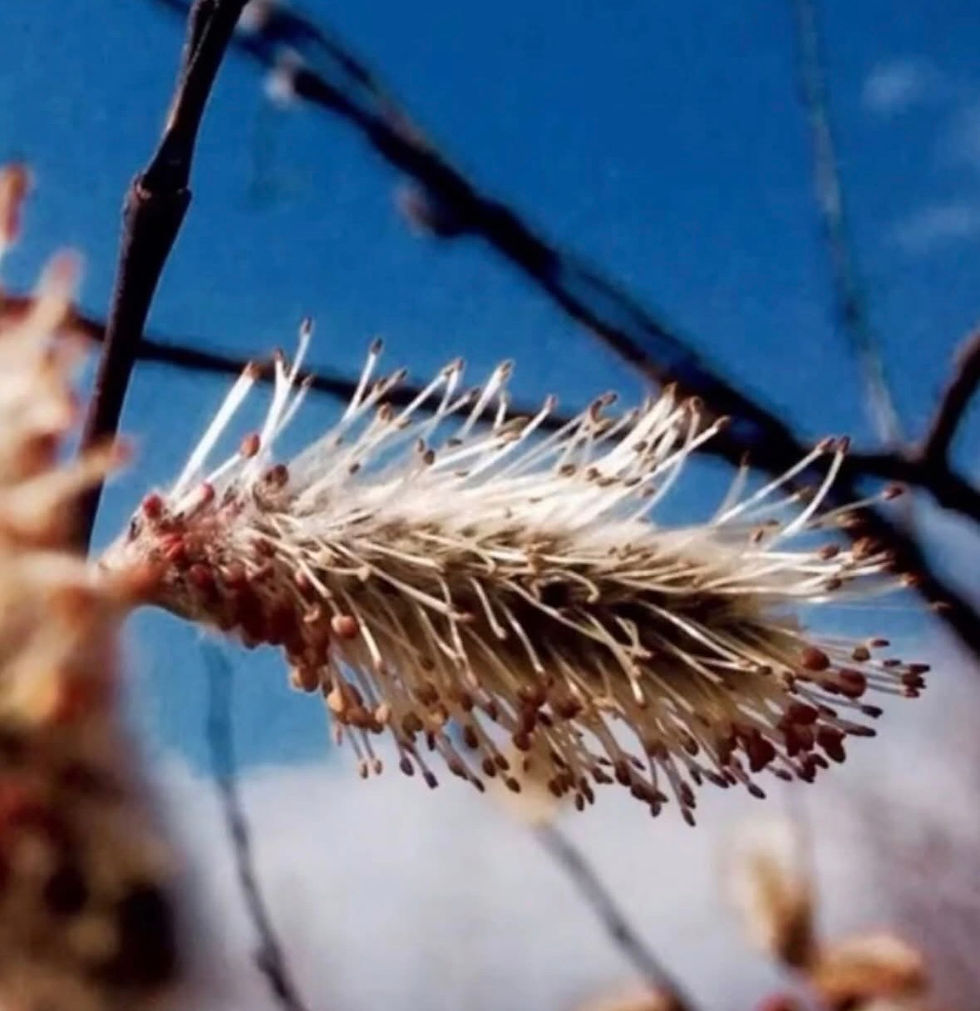John Brantingham: Innocence
- ZiN Daily
- 14. stu 2022.
- 2 min čitanja

Image: Unsplash, downloaded (https://unsplash.com/photos/zJeLWKkDLJU) 13.08.2022.
Moth of Civil Twilight
Sandra’s reading the paper in the civil twilight on a June evening when a gray moth lands on the edge of the newspaper and seems to roost there. It’s not a terribly interesting story, an op-ed piece by Karen Something of the John Birch Society about the loss of innocence in the age of television, so she focuses on the moth that flaps slowly. Sandra’s mother used to tell her that moths did that to dry their wings out. Maybe that was true. Her mother also used to tell her that the modern world had lost its innocence and that might have been true too, but she doubts it. Her mother’s generation lived through the poverty of the Depression and WWI and then WWII, and when she was talking about the loss of innocence, she was talking about jazz, and how it caused people to have sex. Karen Something of the John Birch Society thinks television causes young people to have sex. Sandra thinks that having sex is not the same thing as losing innocence. Sandra thinks about how innocent the moment she conceived Jenny. Sandra thinks that anyone who is alive and aware loses and regains innocence again and again in a lifetime. It must be a lazy evening for the moth who keeps flapping its wings as the sky pinks and blues itself into nautical twilight, and when it flits away, Sandra stays for the spectacle of astronomical twilight, the stars popping one by one into the sky.
About the Author: John Brantingham was Sequoia and Kings Canyon National Parks’ first poet laureate. His work has been featured in hundreds of magazines, Writers Almanac and The Best Small Fictions 2016 and 2022. He has nineteen books of poetry and fiction including Life: Orange to Pear (Bamboo Dart Press). He is the founder and general editor of The Journal of Radical Wonder. He lives in Jamestown, NY.








Komentari